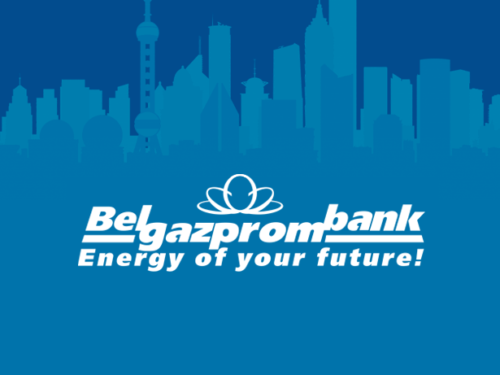The technology allows you to create any data structures that can be changed even after the start of filling. For example, it is possible to add new fields to the card, even if there are already goods in the catalogue.
The system contains many ready-made modules, allows you to develop new ones relatively easily and makes any tools available through the API. On the company’s website there are a lot of extensions for any case of life.
The Symphony developers have made sure that caching is configured correctly and that it is easy to store and retrieve information from different databases via the built-in Doctrine2 ORM component.
There are many developers and testers working with the technology. That’s why it’s easy to find a solution to an exciting problem, to learn how to implement an unconventional idea thanks to the developed community.
Symphony is suitable for the development of high-loaded and high-performance systems, complex web products with a wide range of constantly expanding features. Among the companies using the technology are Yahoo!, TED, BlaBlaCar, phpBB.




We communicate with the customer. We learn the goals, objectives of the resource, plans for expansion. Based on the received data, as well as on the analysis of competitors, our own experience and marketing analysis, we recommend the optimal technology. We agree on terms, prices, stages of implementation.
We create a project scheme: transitions between projects, structure, links and buttons, tools, services. We analyse, uniting the opinion of the client, marketers and potential users. We make a list of improvements and implement them.
We pass the prototype on to the designer. We develop the appearance, taking into account the principles of usability and striving to ensure that the user is not confused in the “intricacy” of the sections – quickly found the desired information.
We create the final product taking into account the requirements of consumers and search engines: high page load, the correctness of display on any devices and browsers, adaptability.
We check for bugs, loading speed, the correctness of each tool and links. If desired, we sign an additional contract for further support and improvement of the project.

Web Development Technologies


